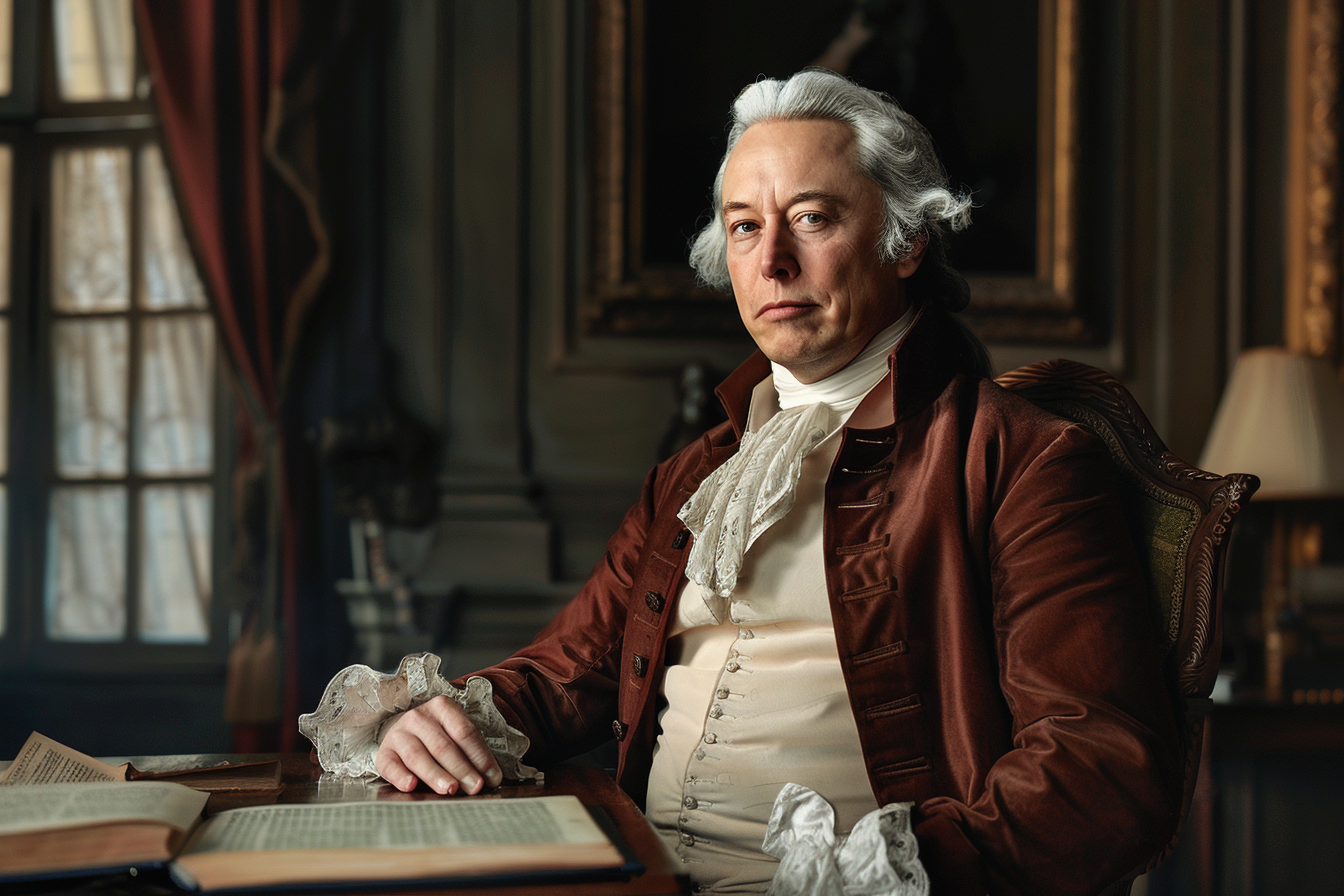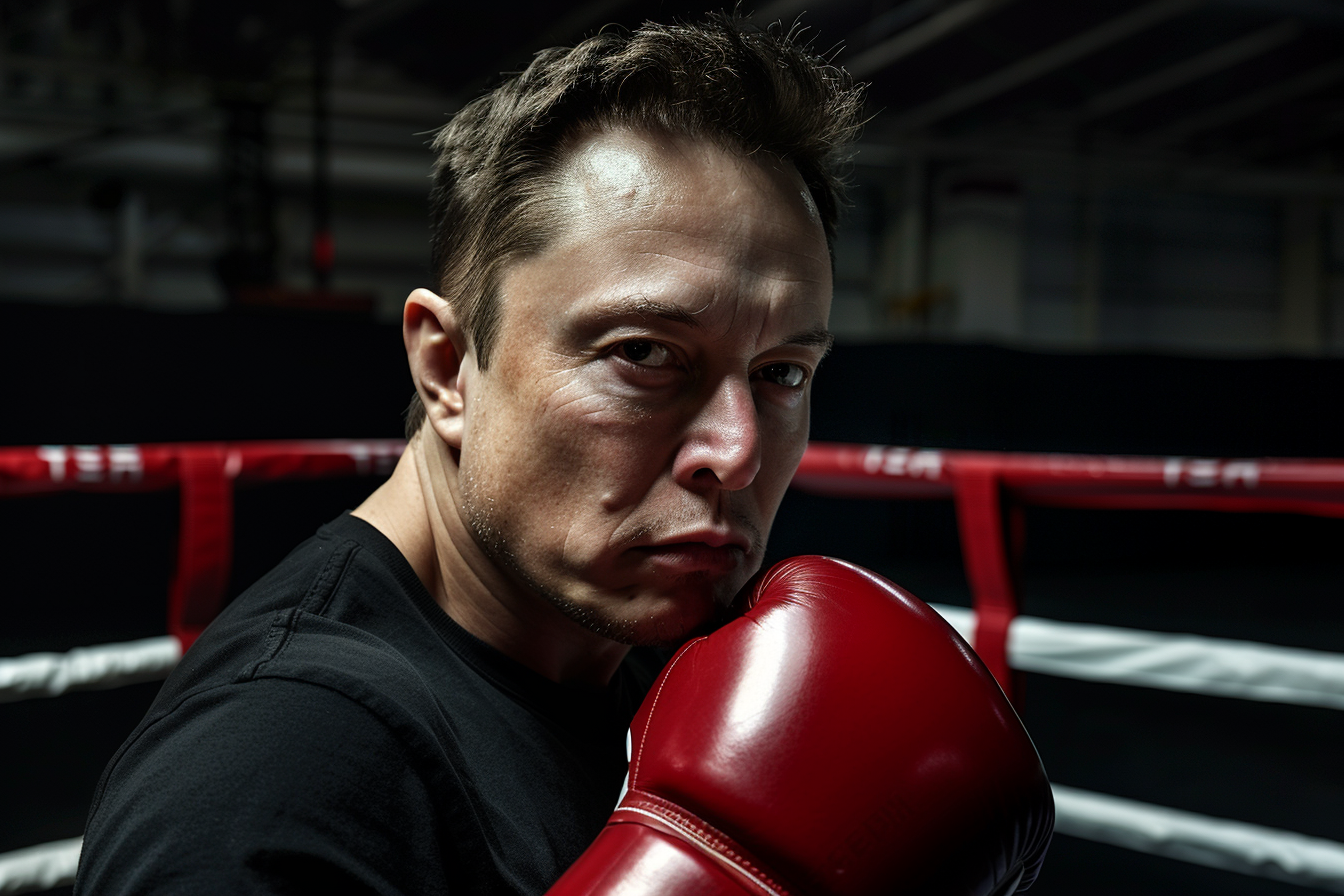
- Elon Musk sues OpenAI and Sam Altman for violating AI safety mission
- OpenAI denies claims made by Musk regarding founding agreement
- Musk's lawsuit challenges OpenAI's shift towards commercialization
Elon Musk is suing OpenAI and Sam Altman for allegedly violating OpenAI's mission to develop AI safely. The lawsuit could reshape OpenAI's partnership with Microsoft and the future of artificial intelligence.
What to know: OpenAI, a Microsoft-backed company, has denied the claims made by Elon Musk in a legal filing regarding the existence of a founding agreement over the nonprofit status and source code privacy. Musk alleged that OpenAI breached an agreement from 2015 by releasing the GPT-4 language model without providing scientific details. However, OpenAI refuted these claims, stating that there was no founding agreement with Musk as he suggested. The company dismissed Musk's case as frivolous and highlighted that Musk himself had supported a for-profit structure for OpenAI. OpenAI faces legal battles not only with Musk but also with cases related to copyright infringement from the New York Times and authors.
Looking ahead: Elon Musk has filed a lawsuit against OpenAI and its CEO, Sam Altman, alleging that they have violated the company's founding mission by prioritizing profit over benefiting humanity. Musk, a co-founder of OpenAI, expressed concerns about the company's close ties with Microsoft, which he believes have shifted its focus away from open-source technology development. The lawsuit seeks to compel OpenAI to make all research and technology public and prevent it from benefiting Microsoft and Altman personally. Musk, who invested significantly in OpenAI, aims to ensure the organization remains dedicated to creating safe, open-source artificial general intelligence (AGI) for public benefit.
Deeper details: The legal dispute between Elon Musk and OpenAI revolves around fundamental disagreements over the organization's mission and structure. Musk's lawsuit accuses OpenAI of deviating from its original purpose of developing AI for the benefit of humanity by prioritizing commercial interests, particularly in its partnership with Microsoft. The lawsuit seeks to challenge OpenAI's transformation into a closed-source entity serving corporate agendas rather than the public good. Musk's involvement in establishing OpenAI in 2015 underscores his commitment to ensuring the organization remains true to its nonprofit roots, dedicated to advancing artificial general intelligence for societal benefit.
The backstory: The conflict between Elon Musk and OpenAI highlights the complexities surrounding the development and governance of artificial intelligence technologies. Musk's legal action against OpenAI and Sam Altman underscores his concerns about the organization's shift towards commercialization and away from its original mission of developing open-source AI for the betterment of society. The lawsuit reflects broader tensions within the AI industry regarding ethics, governance, and the balance between commercial interests and societal welfare. As the legal battle unfolds, it raises important questions about the future direction of AI research and development, emphasizing the need for transparency, accountability, and alignment with ethical principles.

